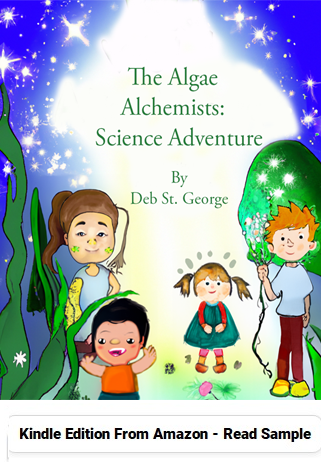What's The Difference Between Eggs Healthy Food Living Diet Organic Free Range
Most people feel all food should have clear labelling describing where their food was sourced, according to research commissioned by popular free-range chicken company, Lilydale.
"We are seeing this resurgence back to better knowing what we are consuming and there is a growing need from Australians to be able to trace their food," Lilydale Senior Brand Manager Anna Wesser told The Huffington Post Australia.
"And for us, that comes down to quality. We're proud of our home-grown produce, so we wanted that to be transparent for our customers."
The Australian-owned and operated company has introduced a new labelling system that enables consumers to trace each pack of free-range chicken back to the farm from where it came.
"Every farm that our chickens have been grown on from has a unique farm code. Every pack of Lilydale free-range chicken now has a secondary label that features this code and a picture of the farmer," Wesser explains.
Consumers can log on to the Lilydale website,key in in their 'farm code' to peruse through information regarding the farmer and their background as well as details and footage of their property.
It's a trend which has infiltrated the vegetable and fruit aisle of Australian supermarkets but Lilydale is the first to introduce the labelling system in the meat and poultry industry.
The business has recently come under fire following reports that its produce was free-range but not organic. Lilydale confirmed in February that while its birds are reared in low-density, open-access barns, they are fed genetically modified grains and legumes.
The move comes as Australia looks towards new country of origin food labelling laws that are set to come into effect on July 1.
The new labels will indicate if food is grown or made in Australia as well as proportion of Australian ingredients.
Based on the 'Food Traceability' study, 96 percent of surveyed consumers look for food sourced from within Australia. 70 percent are concerned about the risk of disease being imported from overseas food products and 81 percent are worried about lower standards and regulations on imported food.
And the trend towards transparency extends beyond the food market. Consumer brands and enterprises are adopting similar tracking technologies to better inform customers of their purchases -- and their impact.
Social enterprise 'Thankyou' is a flourishing Australian brand that sells both food and body products across supermarkets. Each product is fitted with a digital ID that allows buyers to track their global impact.
The enterprise works under a share-holder free models that sees 100 percent of its profits given to water, food and health charity projects world wide. Read more...

